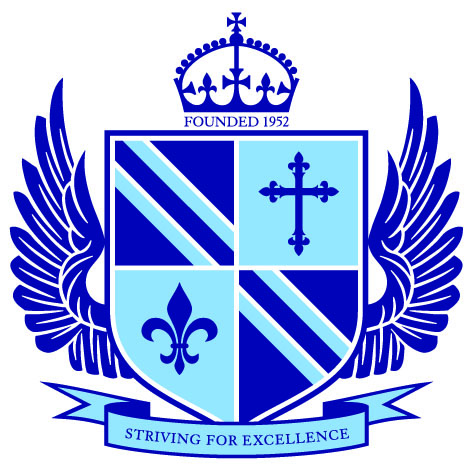Extended Project Qualification (EPQ)
SPECIFICATION LINK: H857
TITLE: OCR Extended Project Qualification (EPQ)
COURSE INFORMATION
The Extended Project (EPQ) aims to inspire, enthuse and motivate students by giving them the freedom to complete a project on a subject they’re studying or in an area of personal interest. It is a stand-alone qualification that is worth UCAS points up to the equivalent to half of an A Level.
As students have the freedom to select their subject, it can support their practical, work-related approach to learning or be an extension of their A Level studies.
The Extended Project offers a range of exciting opportunities to students:
- It provides them with the skills that higher education is looking for, by encouraging independent study, critical thinking and teamwork.
- It may also be useful when they’re applying for university to help them ‘stand out from the crowd’.
- It gives students flexibility and choice in the selection of their project topic, how they tailor it to fit their individual needs and how they present the final outcome.
- Undertaking the Extended Project qualification encourages your students to apply appropriate technologies in their studies and it is ideal for improving transferable skills such as planning, research, analysis and evaluation.
The taught element will cover how to choose a topic, project management skills, research and presentation techniques, and methods of evaluation and analysis. Teachers also supervise and support students as they carry out their projects.
ASSESSMENT STRUCTURE
Students are assessed on how they progress through the project, focusing on their ability to plan, manage and evaluate their work rather than on the final outcome of the project itself.
The Extended Project is flexible in terms of content as each earner is able to tailor their project to fit their individual needs, choices and aspirations; however, the qualification prescribes a clear structure that the learner must follow.
Here are just some examples of possible outcomes from the skills-based individual piece of work:
- Design – a toy/vehicle/website/stage set/blueprint of an invention
- Performance – a concert/play/debate/sport
- Report with findings from an investigation – working with disadvantaged people/scientific study/geography fieldwork/business venture
- Artefact – artwork/costumes for a film or play/ working model/video game/educational game
- Dissertation – critical analysis of the work of an author or film director.
Whatever form the project takes, it must include a written component. Other assessment evidence can also be included, e.g. evidence related to a diary or IT logging system, a presentation or an experiment. As a guide, the dissertation should be approximately 5,000 words. For all other outcomes, the written component should be approximately 1,500 to 2,500 words.
Any written work must be of sufficient length to explore the issues but at the same time demonstrate skills of structuring, using an appropriate style and form of writing and using appropriate terminology.
ROUTES FOR PROGRESSION
Universities and employers value a student's ability to research and analyse material independently. The Extended Project Qualification (EPQ) promotes independent learning and provides evidence of a student's ability to use a range of skills that are vital for successful study in higher education or employment. Universities are increasingly offering a lower A Level entry requirement to students who also have an EPQ. For example, a standard course offer of ABB might be reduced to BBB, plus a grade B in the EPQ.
What universities say
University of Cambridge
“We welcome the introduction of the Extended Project and would encourage you to undertake one as it will help you develop independent study and research skills and ease the transition from school/ college to higher education.”
University of Glasgow
“The University very much values the Extended Project and its role in preparing students for a successful higher education experience. In highly selective areas preference may be given to students with A Levels, who also offer the Extended Project for entry.”
University of Leeds
“We recognise the value, effort and enthusiasm applicants make in the Extended Project. Individual academic schools will decide whether they will be using the Extended Project in their offer making and we encourage you to provide further information on your project in your personal statement … In some cases admissions tutors may wish to make an alternative offer to applicants, one of which involves successful completion of the Extended Project.”
